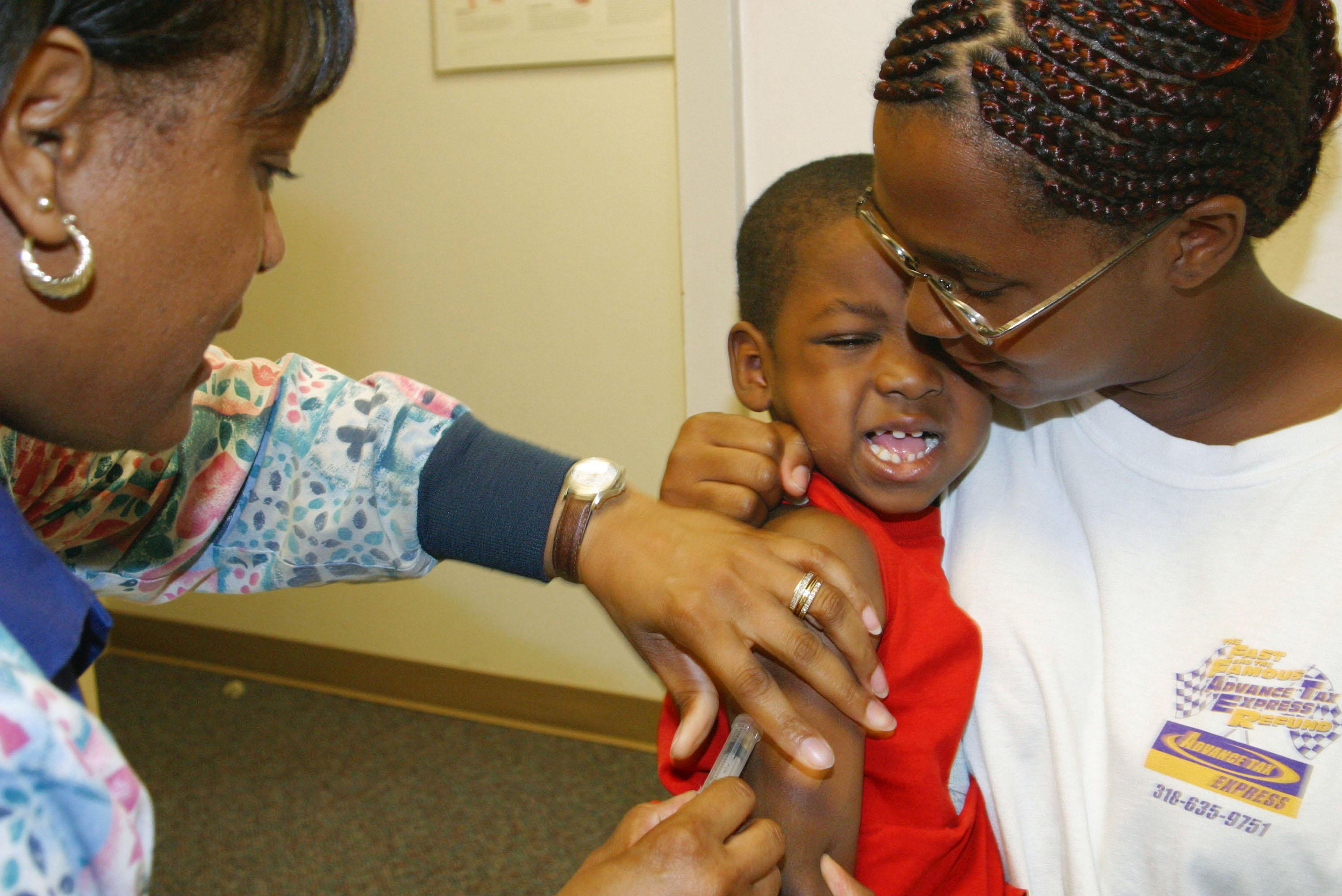Americans are very skeptical about scientific facts that are seen as settled by experts. Assuming they can’t see it, that is. There seems to be very little debate about facts that hit close to home, like the link between smoking and cancer or that a mental illness is a medical condition that affects the brain, according to a new Associated Press-GfK poll. When things start getting away from what people can see with their own eyes, doubts start to creep in, according to the poll. There is more than a bit of skepticism about vaccines, as 15 percent of people say they are “not too confident” or “not at all confident” that “childhood vaccines are safe and effective.” In a result that suggests vaccine skeptics have managed to get their views across to a large percentage of the population, an additional 30 percent expressed some doubt, saying they are “somewhat confident” that vaccines are safe.
When it comes to facts that Americans don’t have to deal with in their day-to-day lives, the skepticism only increases. Americans are largely skeptical about global warming, with almost four in 10 saying they aren’t confident, or simply don’t believe, that the world’s temperature is rising, mostly due to man-made heat-trapping gases. Yet none of the skepticism compares to what Americans feel about the Big Bang: they just don’t buy it. A full 51 percent of the population said they aren’t very confident that the universe began 13.8 billion years ago with a big bang. Only 21 percent say they are extremely or very confident that the Big Bang happened.
Democrats can feel smug with the poll results as the survey showed a close tie between scientific knowledge and political views. Democrats are far more likely than Republicans to be confident about scientific facts, including the age of the earth. There was also a strong inverse correlation between the answers and religious views—the more religious the respondent, the less likely he or she would have confidence in established scientific fact. The full survey results are available in this PDF.
